Commercial Muffins Contain Higher Sugar Levels Than Doughnuts

This discovery could surprise you, but when looking at calories, carbohydrates, and sugar content, doughnuts often outperform muffins. Fried rings have 155 fewer calories, half the carbs, and 21 grams less sugar compared to muffins. Several store-bought muffins can have almost 400 calories each, while large muffins may contain more than 500 calories per portion.
A single muffin may be as much as 333% bigger than a typical serving size. Certain whole grain types can have considerably more sugar compared to those made with refined flour.
Breakfast Cereals Become Pure Sugar
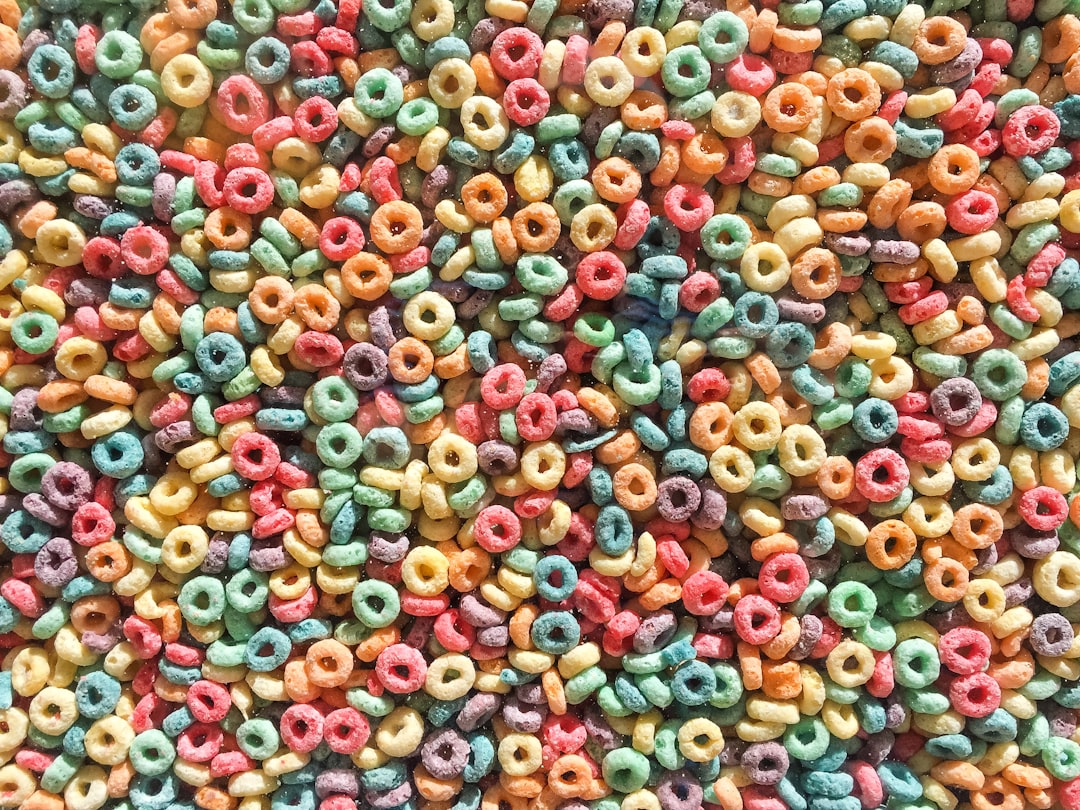
As stated by pediatric specialist David Ludwig, ready-to-eat breakfast cereals—regardless of added sugar—function similarly to sugar, with no distinction between a serving of unsweetened corn flakes and table sugar, since starch is entirely glucose and the body can break it down into sugar immediately. Certain cereals make no effort to conceal their negative health effects, having sugar as the primary ingredient and containing 23 grams of added sweetener per portion.
These grains may cause rapid increases in blood sugar levels, heightened hunger, excessive eating, and eventually result in weight gain.
Bagels topped with cream cheese are 500-calorie treats

Many bagels contain between 300 and 500 calories from starch (approximately 65 grams of carbs), and adding cream cheese or butter increases the calorie and saturated fat content. Consuming a diet rich in refined carbs has been associated with a higher chance of developing type 2 diabetes and heart disease.
Compare this to a McDonald's hamburger, which contains only 250 calories and has fewer processed carbohydrates. These calories, which contribute to inflammation, do not supply the nutrients your body requires after exerting itself to keep you active throughout the night.
Breakfast Bars That Pretend to Be Healthy Food
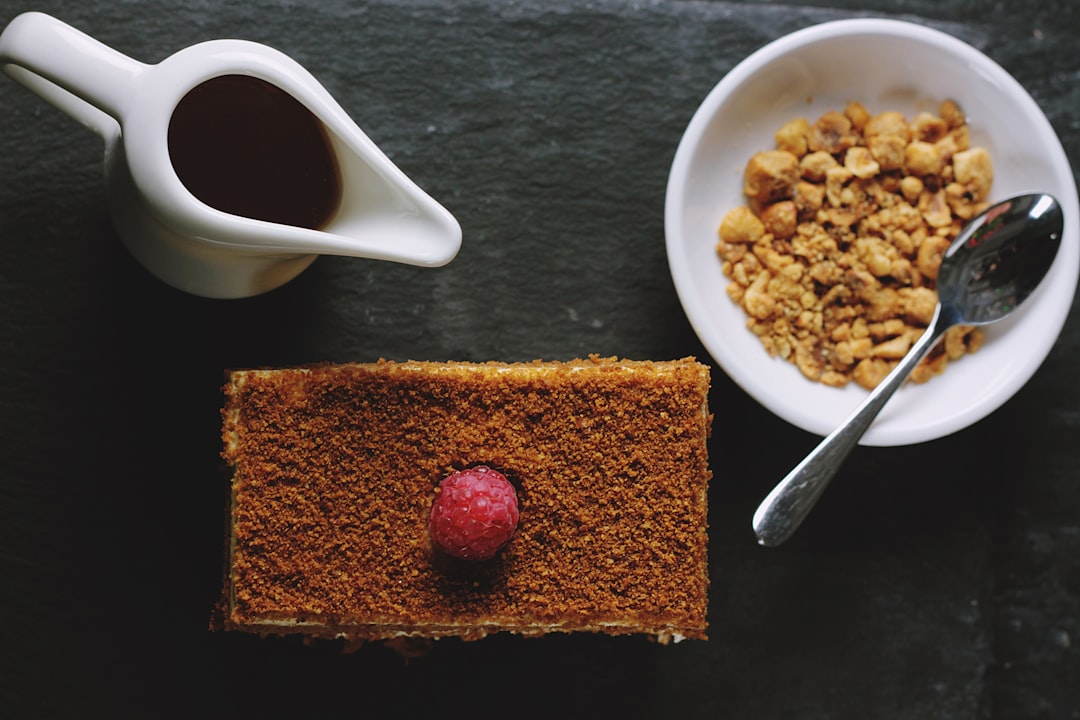
Numerous commercial breakfast bars contain significant amounts of added sugar, processed carbohydrates, and synthetic components. Certain pre-made smoothies and shakes may include more than 50 grams of sugar per serving—exceeding the sugar content of a typical donut—while also having higher calorie counts and lacking essential nutrients such as protein, fiber, and beneficial fats.
Numerous protein shakes contain high amounts of sugar as the primary component, synthetic additives, and inferior proteins that can cause discomfort in the digestive system.
Danish Baked Goods Surpass Fast Food in Sugar Levels

A single Danish pastry contains 22 grams of added sugars — far more than many fast food items, with some cheese types having higher sugar content than those filled with fruit. Donuts, cinnamon rolls, danishes, and toaster pastries are high in sugar, fat, and calories but low in protein and fiber.
Donuts range in calories from 250 to 550, but the 15 to 30 grams of sugar they contain prompt your body to release large amounts of insulin.
Pancakes with Syrup Cause Excess Sugar Intake

Pancakes made with frozen batter and additional ingredients such as chocolate chips may include 11 grams of added sugar per portion, potentially affecting your morning blood sugar levels. A fresh pile of pancakes or waffles covered in maple syrup consist of refined flour and sweet toppings, leading to rapid increases in blood sugar and making you feel hungry again shortly after eating.
Although pancakes may be nutritious, the addition of syrup greatly raises the sugar level.
Yogurt with Flavor Contains High Sugar Levels
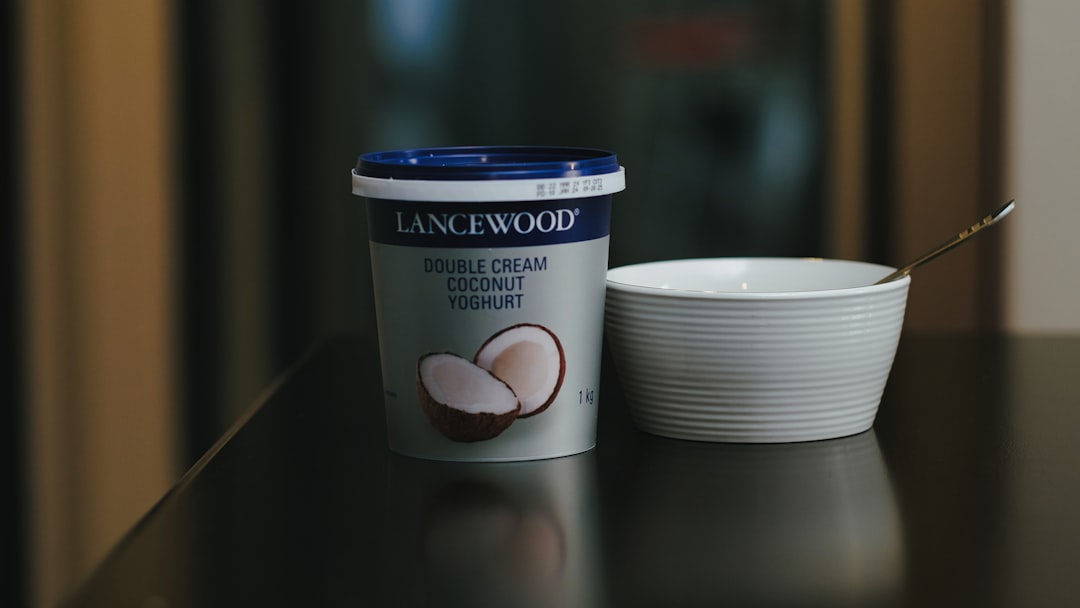
Numerous kinds of yogurt contain significant amounts of added sugar, while widely consumed options have had nearly all or most of their fat eliminated, resulting in them being less satisfying compared to full-fat versions. Several store-bought yogurts are rich in added sugar and synthetic flavorings.
Even fruit-flavored products that appear healthy may have higher sugar content than a candy bar when considering both natural and added sugars.
Instant Oatmeal Pouches Match the Sugar Content of a Candy Bar

Although oatmeal can be nutritious, numerous instant oatmeal packages are filled with extra sugars and synthetic components, with certain well-known brands having sugar levels comparable to a candy bar. McDonald's fruit and maple oatmeal has 31 grams of sugar per serving, which is actually more than many fast food desserts.
Quick-cook oatmeal packets contain processed grains that may lead to quick increases in blood sugar and insulin.
Breakfast Burritos Surpass Sodium Content Found in Fast Food
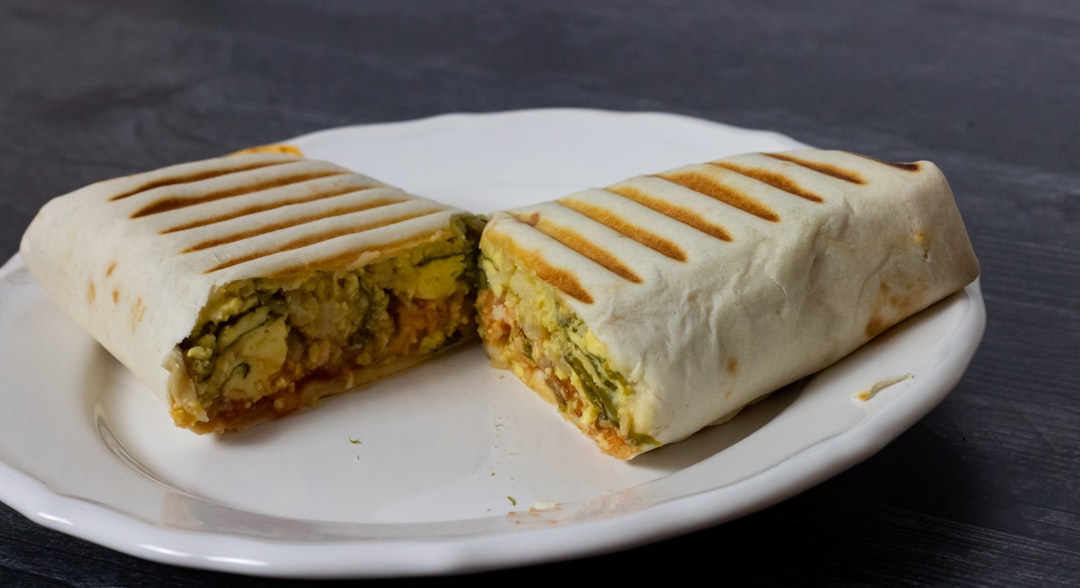
Fast-food breakfast burritos typically include processed meats, refined grains, and cheese, resulting in high amounts of saturated fat and sodium. Certain breakfast burritos may provide around 57% of your daily sodium intake and almost the entire day's supply of saturated fat.
Compare this to a standard McDonald's burger that contains much less sodium and saturated fat per portion.
Cinnamon Buns Contain 53 Grams of Carbohydrates
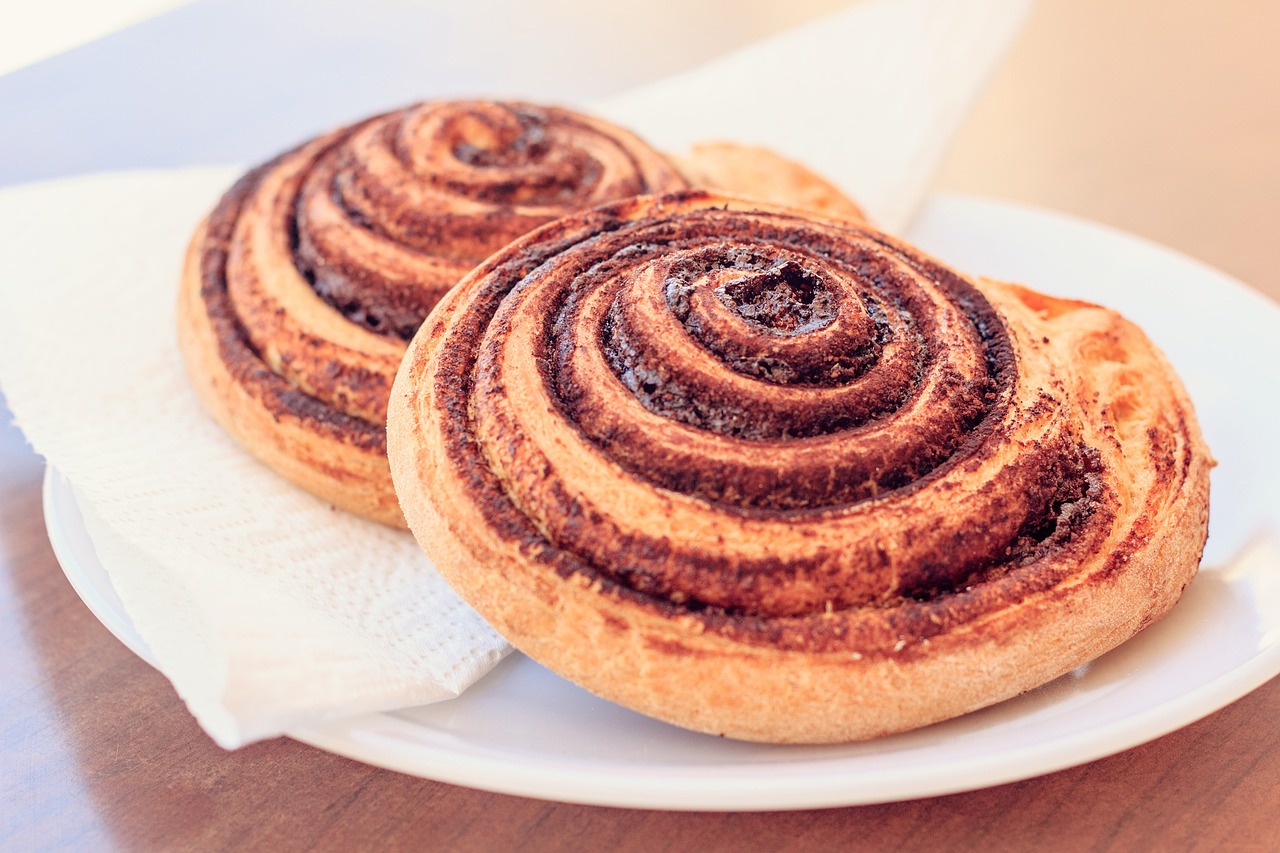
5 grams of saturated fat. These indulgent snacks are rich in calories, sugar, and detrimental fats.
A solitary cinnamon roll can have more calories and sugar than a full fast food meal, positioning it as one of the least advisable breakfast options.
Acai Bowls May Have as Much as 100 Grams of Sugar
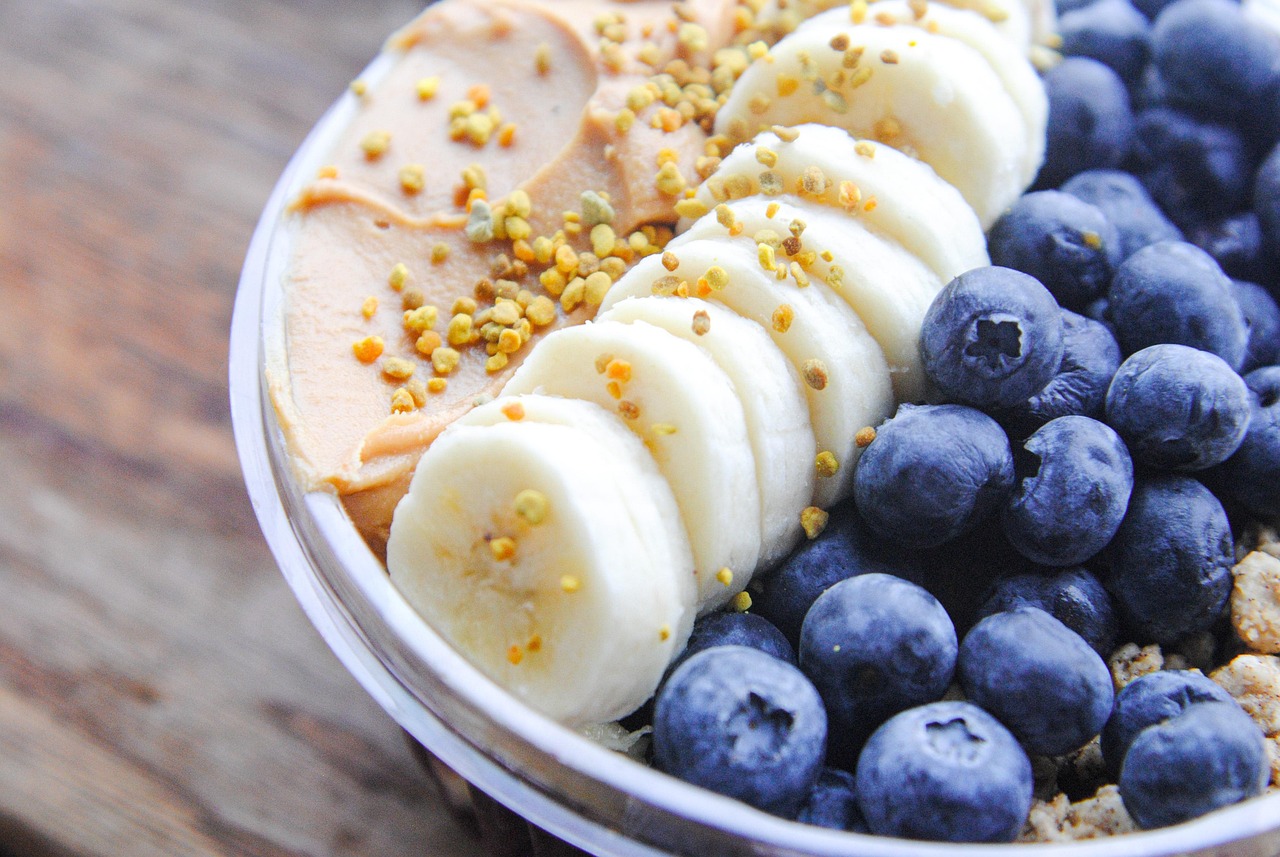
Even though acai bowls are promoted as nutritious, they are often high in sugar, with some servings containing between 50 and 100 grams of sugar. Consuming excessive amounts of sugar can result in weight gain and increased insulin levels. The sugar content in these bowls is much higher than that found in most fast food desserts.
A standard acai bowl featuring granola, dried fruit, and sugary additions turns into a high-sugar treat that masquerades as a nutritious option.
Toaster Pastries Contain Higher Caloric Content Than Big Macs
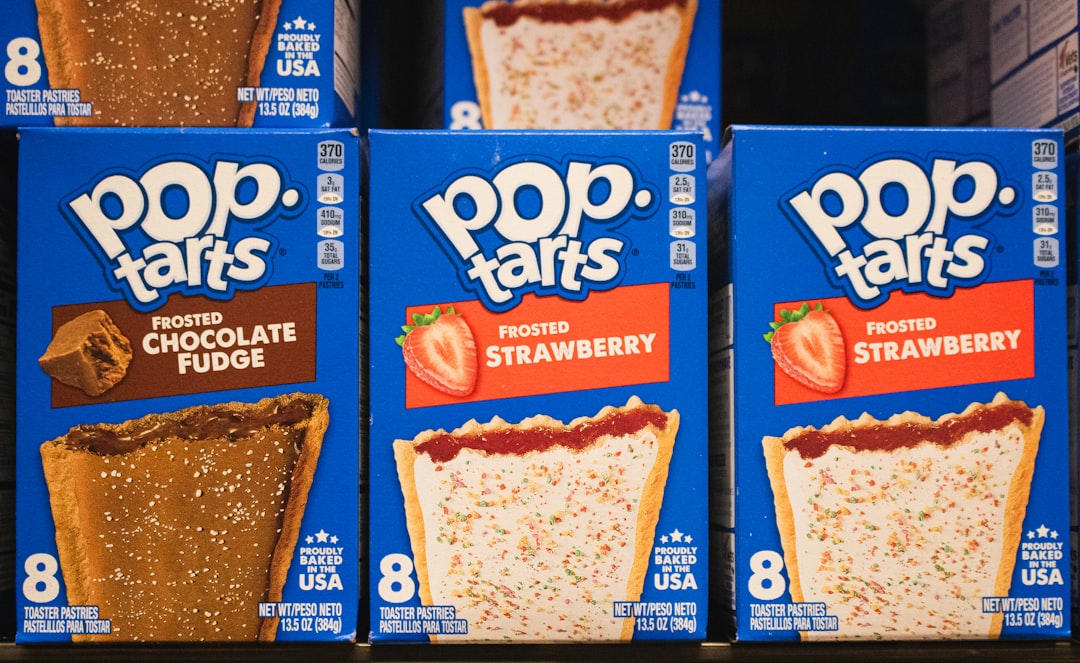
Two frozen pastries provide 400 calories, 14 grams of fat, 64 grams of carbohydrates, and 27 grams of added sugar. This nutritional information surpasses that of many fast food sandwiches when it comes to sugar levels and refined carbs.
These decisions can cause fluctuations in your blood sugar levels, making you feel tired and slow by mid-morning.
Fruit Juice Provides Sugar Levels Similar to Soda but Lacks Fiber

Although fruit juice provides vitamins and antioxidants, it is high in sugar and lacks the fiber present in whole fruits, making it less satisfying. Several breakfast juices have a higher sugar content per ounce compared to typical soft drinks.
Certain pre-made fruit smoothies may include more than 50 grams of sugar per serving—exceeding the amount found in a donut. Even though the packaging might suggest otherwise, some of these drinks don't actually contain real fruit when you look at the ingredient list.
Breakfast Sandwiches at Coffee Shops
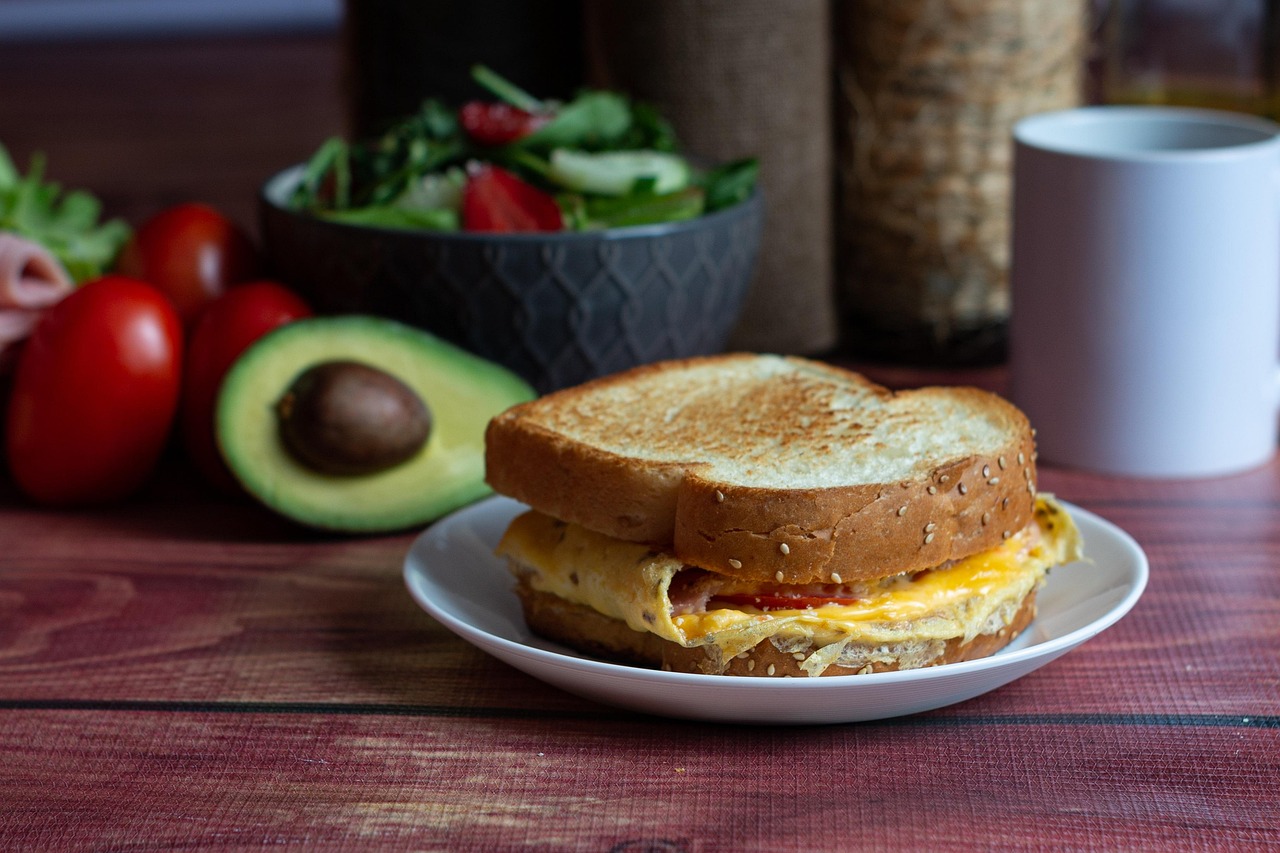
Some morning meals include nearly 700 calories and are just one gram away from a full day's worth of saturated fat, along with 1,500 milligrams of sodium—65% of the daily recommended amount in your first meal of the day. Many fast-food breakfast sandwiches are loaded with processed meats, refined grains, and cheese, with certain options exceeding 500 calories per serving.
They frequently contain more sodium and saturated fat than fast food burgers.
Conclusion
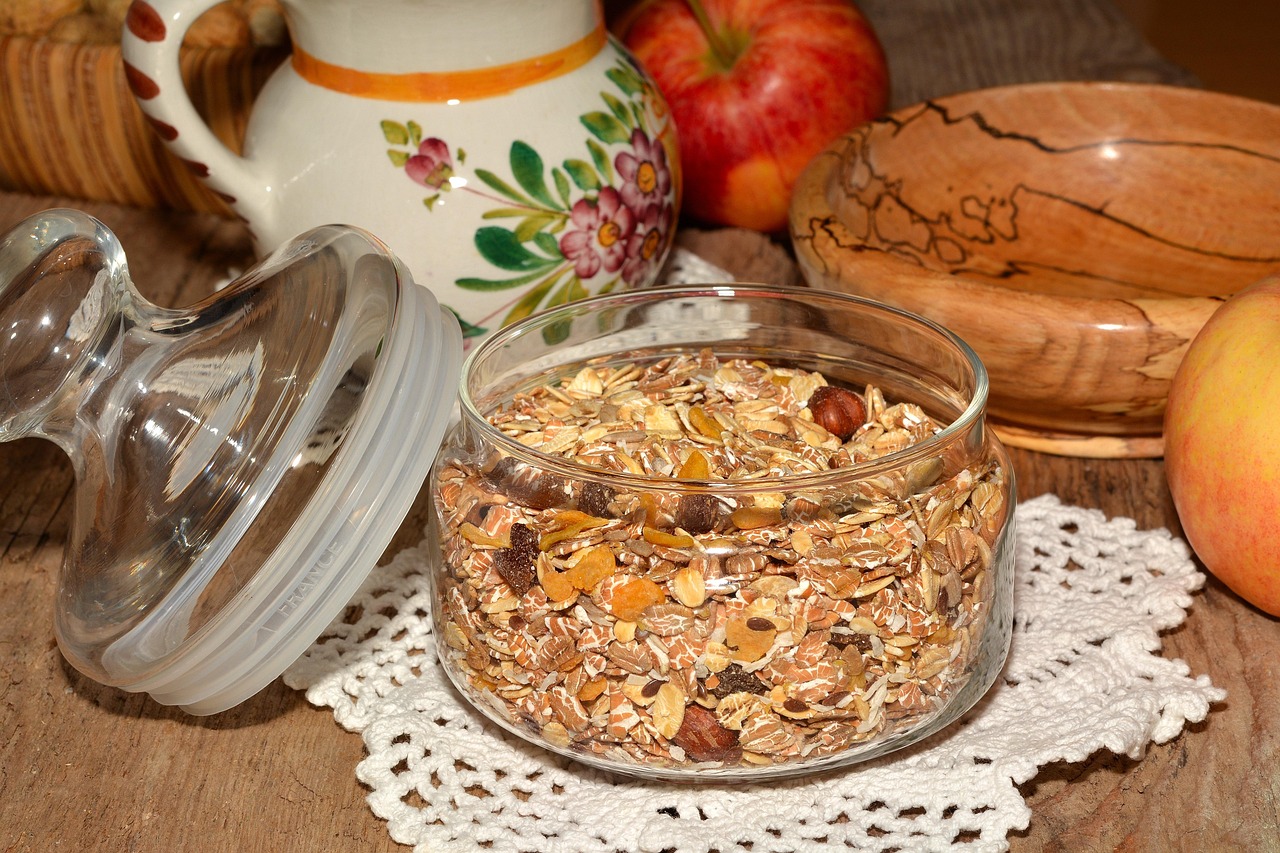
For years, we have relied on certain breakfast items that may actually be more harmful than the fast food we try to steer clear of. Over half of the calories consumed by adults at home now originate from ultra-processed foods, which are loaded with sugar, salt, fat, and various additives, and have been associated with conditions such as heart disease, obesity, and type 2 diabetes.
The answer is simple – opt for natural foods, check labels thoroughly, and keep in mind that advertising does not reflect true nutritional content. What are your thoughts on these unexpected breakfast discoveries?
Are you prepared to rethink your morning schedule?
Leave your opinions in the comments section below — we can't wait to read what you have to say! Want more articles like this? Subscribe to our page and stay updated!